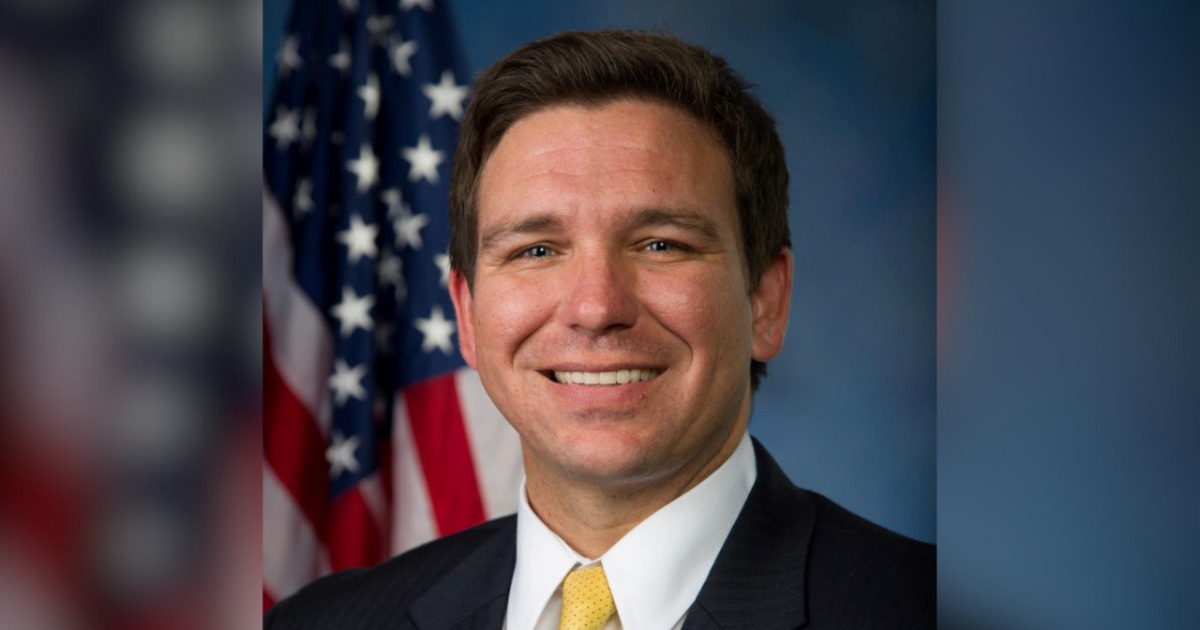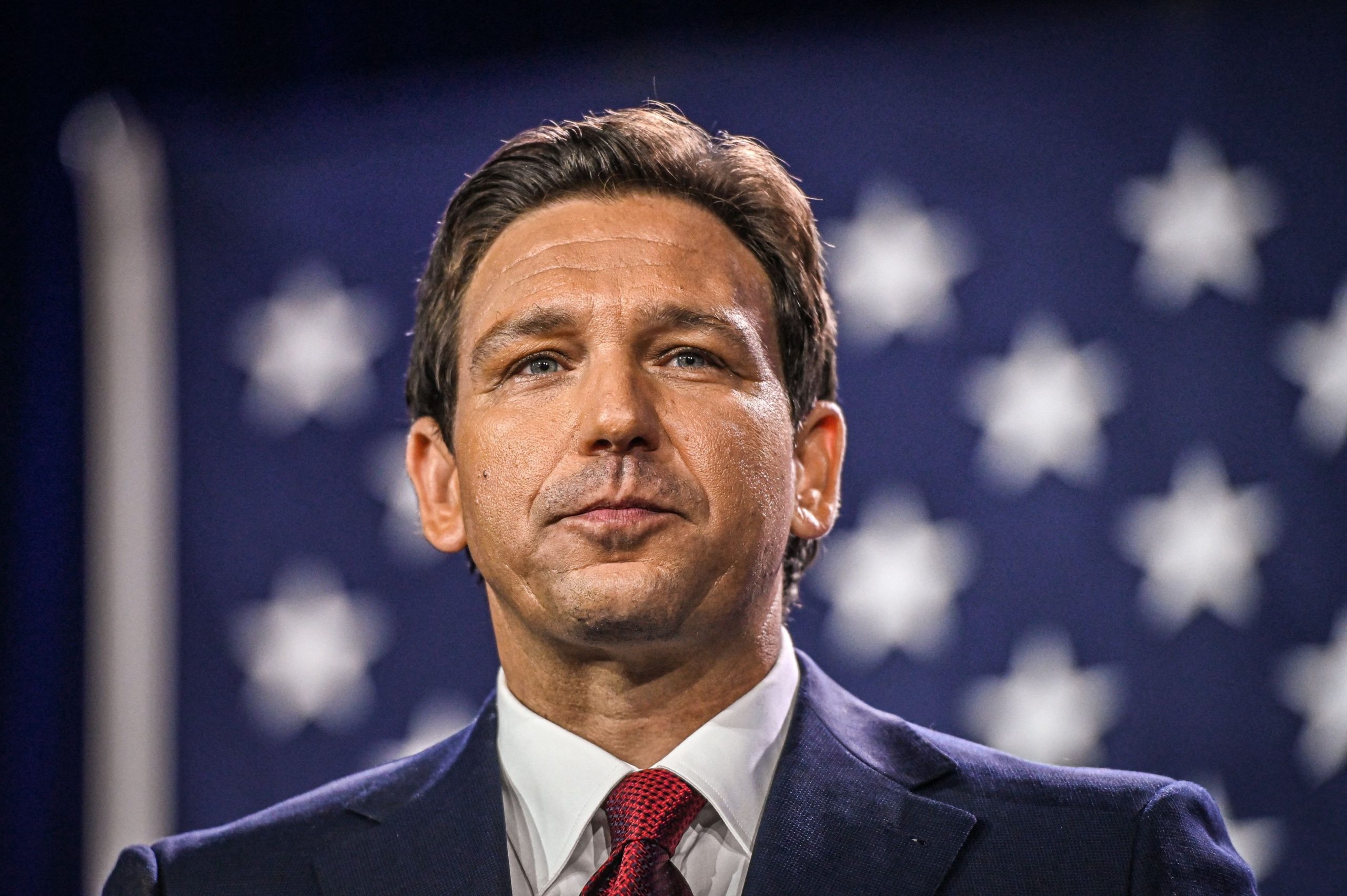Florida Governor Ron DeSantis has enacted a law that prevents local governments from implementing their own regulations to protect workers from heat exposure.
The legislation, known as House Bill 433, also stops local entities from setting minimum wages higher than the state or federal levels. Additionally, it prohibits local governments from requiring employers to adhere to heat exposure standards not mandated by state or federal law.

Governor Ron DeSantis (Credits: ABC Action News)
This decision has sparked controversy, particularly because it comes at a time when Florida has been experiencing record-breaking heat. Proponents of the bill argue that uniform business regulations are essential for economic stability and growth in Florida.
Representative Bob Rommel, a supporter of the bill, stated during the debate that consistency in business regulations is crucial for attracting and retaining businesses in the state.
However, the bill has faced serious opposition from environmental and labor groups, who criticize the governor for prioritizing economic interests over the well-being of workers.
The Sierra Club and WeCount, a labor advocacy group, have expressed disappointment and concern that the new law will increase the vulnerability of workers to heat-related illnesses and even fatalities. They argue that the bill favors the interests of industries such as agriculture and construction at the expense of workers’ safety.

Ron DeSantis (Credits: Biography (Bio.))
Critics also point to the rising number of heat-related deaths in the state, emphasizing that existing measures are inadequate to protect workers, especially those in outdoor industries.
Despite the opposition, Florida now joins Texas as one of the states prohibiting local governments from enacting their own heat protection standards for workers. This move has intensified the debate over workers’ rights and climate adaptation strategies in the face of increasing temperatures.























